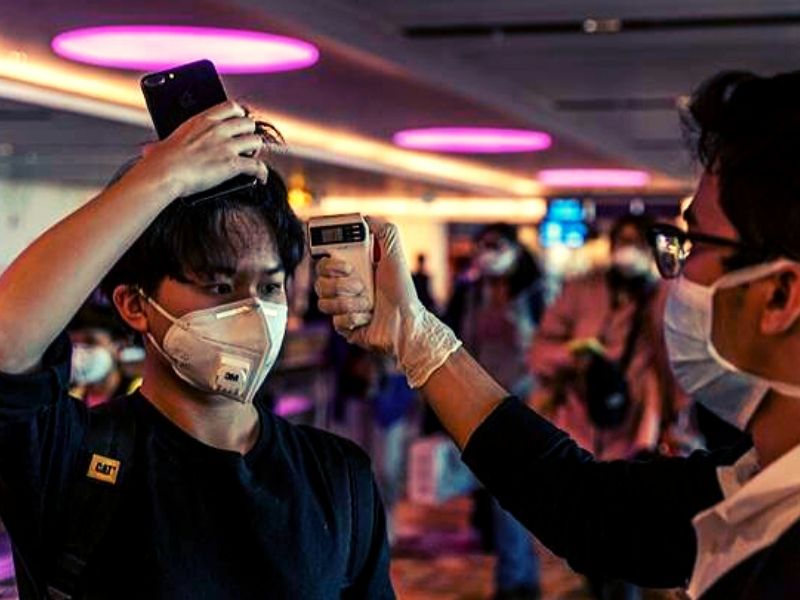A new year, a new decade, and a new disease!! As most of the world was celebrating the imminent arrival of the New Year on 31 December 2019, WHO was alerted to several cases of pneumonia in Wuhan City, Hubei Province of China. It was caused by a previously unknown virus. A week later, in January 7, the new virus had been identified as coronavirus, belonging to a family of viruses that includes viruses such as SARS and MERS. This new virus has been temporarily named “2019-nCoV. As of 26 January 2020, a total of 2,014 confirmed 2019-nCoV cases had been reported globally.
Of the 2,014 cases reported, 1,985 cases were reported from China, including Hong Kong SAR (5 confirmed cases), Macau SAR (2 confirmed cases) and Taipei (3 confirmed cases). 29 confirmed cases have been reported outside of China in ten countries. Of these 29 exported cases, 26 had a travel history from Wuhan City, China.
Of the 1,975 confirmed cases (excluding Hong Kong SAR, Macau SAR and Taipei), 324 cases have been reported as severely ill.
Fifty-six deaths have been reported to date (52 deaths in Hubei province and 4 from outside Hubei). WHO’s assessment of the risk of this event remains very high in China, high at the regional level and high at the global level.
WHO has been in regular and direct contact with Member States where cases have been reported. WHO is also informing other countries about the situation and providing support as requested.
The world is still grappling with this novel pathogen and the exact nature of the disease is yet to be completely understood.
Presently, WHO’s standard recommendations for the general public to reduce exposure to and transmission of a range of illnesses are as follows and include hand and respiratory hygiene, and safe food practices:
- Frequently clean hands by using alcohol-based hand rub or soap and water;
- When coughing and sneezing cover mouth and nose with flexed elbow or tissue – throw the tissue away immediately and wash hands;
- Avoid close contact with anyone who has fever and cough;
- If you have fever, cough and difficulty breathing seek medical care early and share previous travel history with your health care provider;
- When visiting live markets in areas currently experiencing cases of the novel coronavirus, avoid direct unprotected contact with live animals and surfaces in contact with animals;
- The consumption of raw or undercooked animal products should be avoided. Raw meat, milk or animal organs should be handled with care, to avoid cross-contamination with uncooked foods, as per good food safety practices.
Specific therapeutic interventions and pharmacological therapies are yet to emerge.
All suspected cases should receive immediate medical attention and should be appropriately screened. Local and regional health authorities need to be alerted regarding such cases. Travel advisories have already been issued in attempt to contain this contagion and prevent the emergence of a pandemic. The diagnostic PCR test is expected to become more widely available soon.
The health authorities are actively screening for the infection at the entry points of foreigners into India. Stringent precautions are currently being observed in some parts of the country like Kerala and Hyderabad.
Since previous outbreaks of respiratory viral pandemics such as swine flu (H1N1) has had a very significant impact on the Indian population, the entire country needs to be highly alert with the advent of this new virus, especially considering the proximity to the epicentre of this new outbreak in China.
Considering the possibility of zoonotic transmission surveillance of the health of animals and livestock should also receive due attention.
By Dr. Ranjit Mohan, Consultant, Internal Medicine and Infectious Diseases, Internal Medicine, Manipal Hospitals Bangalore
Also read: Coronavirus wake-up call for India
